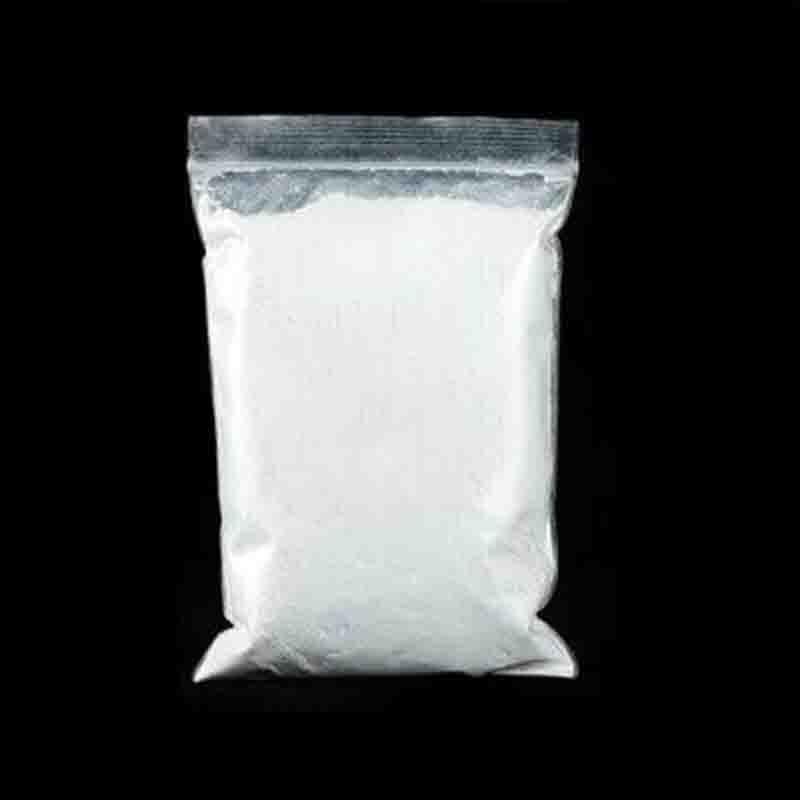-
Categories
-
Pharmaceutical Intermediates
-
Active Pharmaceutical Ingredients
-
Food Additives
- Industrial Coatings
- Agrochemicals
- Dyes and Pigments
- Surfactant
- Flavors and Fragrances
- Chemical Reagents
- Catalyst and Auxiliary
- Natural Products
- Inorganic Chemistry
-
Organic Chemistry
-
Biochemical Engineering
- Analytical Chemistry
-
Cosmetic Ingredient
- Water Treatment Chemical
-
Pharmaceutical Intermediates
Promotion
ECHEMI Mall
Wholesale
Weekly Price
Exhibition
News
-
Trade Service
Yesterday afternoon, on the 8th day of the Winter Olympics, China won the fourth golden ice pier! Gao Tingyu won the gold medal in the men's 500m speed skating competition and broke the Olympic record with a time of 34.
32 seconds! With the warm holding of the Winter Olympics, the concept of "life lies in sports" is once again deeply rooted in the hearts of the people
.
Exercise, as an extremely low-cost means of maintaining good health, has long been popularized with the popular phenomenon of "night running punch-in", "square dance", "everyone lifting iron" and so on
.
So, are the "benefits" brought by exercise limited to good health? No! The benefits of luck go far beyond that - people who love sports may also be smarter than others! In recent years, scientists have discovered that exercise promotes brain development.
Numerous experimental results have shown that exercise leads to neurogenesis or the creation of new neurons in the hippocampus region of the brain, which plays a crucial role in learning, memory and emotion regulation
.
So the question is, how does exercise promote neurogenesis? As early as the 1990s, researchers in the United States made a groundbreaking discovery: Roller movement in mice increased the hippocampal neurons in their brains, a process that is linked to the production of a protein called brain-derived neurotrophic factor (BDNF).
related
.
When the researchers "sprinkled" BDNF on nerve cells in a petri dish, the cells spontaneously formed new branches
.
The more BDNF secreted, the stronger the connections between neurons, and the brain synapses may weave more and stronger neural networks, making our brains stronger
.
BDNF performs synaptic plasticity through multiple mechanisms
.
(Image source: ResearchGate.
com) In the following decades, different activation pathways of exercise-promoted brain neurons were gradually discovered, including cathepsin B, platelet factor 4 and vascular endothelial growth factor, etc.
, but BDNF is still considered to be the most effective.
Significantly
.
However, at the beginning of the new year, its "hegemony" status was challenged
.
Recently, Chinese scholars Hou Shengtao / Zhuo Zhan and other joint teams published an article in Cell Metabolism once again to provide new insights into the question of "how does exercise promote neurogenesis"
.
The authors believe that selenoproteins produced during exercise are key to helping the brain grow new neurons, and humans may be able to use dietary selenium supplementation to reverse cognitive decline caused by aging and brain damage
.
(Image credit: Cell Metabolism) This conclusion stems from a study by the authors' team a few years ago, when the researchers screened plasma in mice that did roller exercise for 4 days and mice that did not exercise.
68 protein levels were identified to increase after exercise
.
One protein called selenoprotein P (SEPP1) in particular caught everyone's attention - SEPP1, which transports selenium to the brain, more than tripled in rodents after exercise! Since the SEPP1 protein levels were significantly changed in the exercised mice, could selenium be a key factor in post-exercise neurogenesis? What is its mechanism? The researchers decided to go deeper
.
Selenium is a trace element that is abundant in nuts, purple potatoes and other foods, and is cheap and easy to obtain
.
For the latest study, they chose to add two exogenous forms of selenium—sodium selenite (found as a salt in water and soil) or selenomethionine (found as an amino acid in the diet)— - into neural precursor cells (NPCs, which give rise to new neurons)
.
Surprisingly, the number of these "neural precursor cells" doubled in just 14 days! When the researchers injected sodium selenite directly into the brains of mice for seven days, the number of neural precursor cells in the hippocampus also tripled! Selenium injection increases the number of proliferating precursor cells in the mouse DG, but has no effect on the number of proliferating cells in the SVZ.
LRP8 is a receptor for SEPP1 on brain capillary endothelial cells, and when combined, transports selenium across the bloodstream.
The brain barrier enters the brain and functions
.
Thus, the researchers constructed mice deficient in SEPP1 or its receptors and found that when the Sepp1 or Lrp8 gene was knocked out, the neural precursor cells of mice that exercised for 7 days did not increase, which further confirmed that SEPP1 is a Exercise is key to making new neurons
.
Exercise-induced increase in NPC proliferation requires Sepp1-Lrp8-mediated selenium transport effect
.
" So, if selenium supplementation in the daily diet can improve brain aging? So, the researchers "incidentally" tested the brain cognition of mice
.
The team added selenomethionine to the drinking water of 18-month-old mice (equivalent to a 60-year-old human) -- and nearly a month later, the number of new neurons in the rodents' hippocampus doubled! Delivery of dietary selenium-L-methionine resulted in a significant increase in the number of proliferating precursor cells (D and F) and immature neurons (E) in the DG.
In two memory tasks that depended on the hippocampus, selenium-treated mice also Excellent performance
.
In the active avoidance experiment, the selenium-treated mice were significantly better than the control mice in avoiding the shock zone and received fewer electric shocks; in the maze experiment, the selenium-treated mice also learned more than the control mice.
Quickly enter the escape box
.
Finally, the researchers investigated whether selenium could help reverse cognitive deficits caused by brain damage
.
They injected the vasoconstrictor ET-1 molecule into the hippocampus of mice to cause stroke-like lesions that destroy neurons and impair memory
.
The impaired but selenium-treated mice performed as well as normal mice on a range of memory tasks
.
On the other hand, untreated, injured mice were unable to recognize objects as new, and they had difficulty remembering where they received the shock the day before
.
Selenium rescues hippocampal learning and memory impairment caused by endothelin-1-induced hippocampal damage Speaking of which, this is truly an "amazing" study - not only revealing that exercise promotes neurogenesis and improves cognition in adults The mechanism of function has also developed a new use for the element selenium that is "popular" in food
.
This is undoubtedly good news for those who cannot exercise due to physical reasons such as advanced age or frailty
.
Finally, remind everyone who is overusing the brain: exercise regularly, eat more selenium-rich foods such as nuts, grains and dairy products, a smart brain is beckoning to you
.
Reference: [1] Self-amplifying autocrine actions of BDNF in axon development.
Proc Natl Acad Sci US A.
2011 Nov 8;108(45):18430-5.
doi: 10.
1073/pnas.
1115907108.
[2] Selenium mediates Exercise-induced adult neurogenesis and reverses learning deficits induced by hippocampal injury and aging.
Cell Metab.
2022 Jan 31:S1550-4131(22)00005-5.
doi: 10.
1016/j.
cmet.
2022.
01.
005.
Written | Edited by Le Yi | Swagpp Click "Read the original text" below to download the Mace Medical APP







